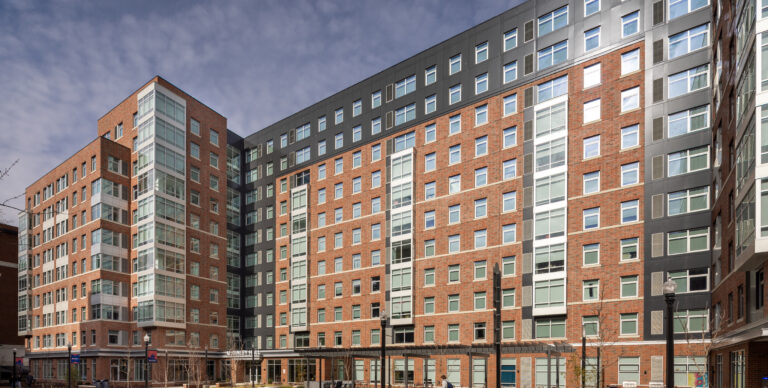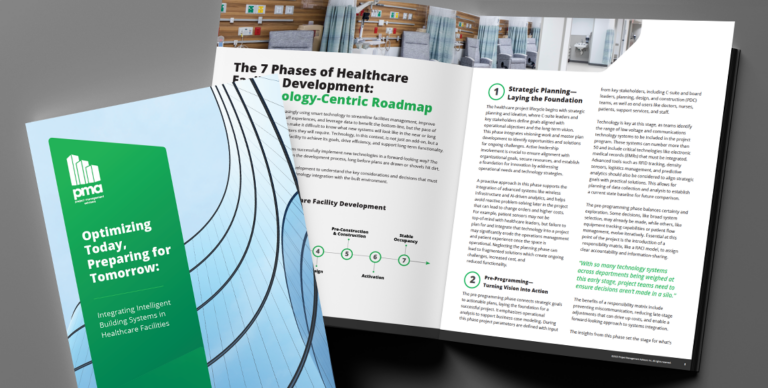Defining Due Diligence in Commercial Real Estate

Due Diligence Done Right
While due diligence is routinely acknowledged as an important step in any real estate purchase, what the process actually involves when considering the acquisition of a commercial property can sometimes be unclear.
Some assume that due diligence merely includes punching through a checklist to note a property’s physical issues however this approach is woefully incomplete…and would likely result in a poor (potentially very poor) investment decision.
An effective due diligence process should be, in a word, comprehensive. Due diligence reaches well beyond simply assessing the condition of a building and its systems. Today’s informed commercial real estate buyer needs to understand which governing bodies have influence on the property, what environmental conditions might be impacting the premises and, most important, whether the buyer’s vision for the property is even plausible.
With millions of dollars on the line, rigorous due diligence is a “non-negotiable” for any real estate investment.
In a nutshell, due diligence is a process in discovery designed to deliver investment security through thorough risk assessment.
In a typical commercial real estate transaction, the due diligence period is identified within the purchase and sale agreement and requires that a tremendous amount of information be gathered, reviewed and synthesized within a relatively short time span. Today’s aggressive market conditions often demand 30 days or less.
Three significant paths of inquiry should commence simultaneously during due diligence with the goal of confirming that the vision held by the buyer is possible. These include:
1. Physical Assessment of the Building(s), Systems and Property
Evaluating the physical elements of the property is an obvious priority that may involve a review of everything from the building type (fire rating, occupancy, etc.), the age of its current systems (MEP, elevator, etc.), and the site itself (soils, drainage and grades, etc.), to changes that will need to be made for the purchaser’s intended use. The following are critical to achieving a comprehensive and useful property evaluation:
Schedule Management
The purchase and sale contract drives the schedule of due diligence, not the other way around. Adept management of the multi-faceted process is enhanced with a deep knowledge not only of the process itself but also of the building type, geographic area, codes and other influences specific to the property.
Qualified Assessment Team
Gathering an assessment team with technical expertise appropriate to the property type and vision of the buyer is absolutely crucial. For example, an architect who specializes in high-rise residential would not typically have the knowledge required to advise on research laboratory or medical facility.
Cost Estimates and Documentation
Each challenge revealed in the physical assessment requires an associated cost estimate and complete documentation.
Actionable Recommendations
Distilling the property evaluation and associated costs into actionable recommendations is the ultimate purpose of this due diligence phase. A summary of specific, well documented items helps the prospective buyer understand whether the property is worthy of investment and, if so, under what circumstances.
2. Legal, Jurisdictional and Title Analysis
Concurrent with the physical assessment is an analysis of the legal, jurisdictional and title impacts on the property. This phase explores the variety of jurisdictions that might govern a property and their affect on both current use as well as potential limitations and opportunities for the envisioned development. Here’s what’s involved:
Analysis of existing permits
These permits may contain language limiting traffic, parking, signage and occupancy as well as other use restrictions. The title report for the property and any Special Overlay Zones need also be reviewed.
Liens and Tax Issues
Current and lapsed permitting issues are identified and zoning updates that might impact the proposed development become known.
Vetting of Revealed Opportunities
As new information about a property becomes available, collaboration among the due diligence team is required. Newly identified development possibilities need to be confirmed and priced by the physical assessment team to properly inform the buyer’s decision-making.
3. Other Relevant Influences
This final phase of a professional due diligence process looks at special considerations for the intended use, odd site conditions and other unusual impacts that may challenge the buyer’s vision for the property. While these types of circumstances may vary widely by location, examples demonstrating the potential scope of impact include:
Fire/Safety code assessment for converting a property originally built as office space into a laboratory facility.
Impact of noise attenuation code standards implemented after the construction of an older building that a buyer now wishes to re-develop.
Scheduling ramifications of a property’s location adjacent to a seasonal wetlands area.
It is the objective of due diligence to reveal all elements affecting the plausibility of a buyer’s vision.
A thorough review of the physical conditions of the property, legal issues and other special circumstances unique to the location and/or intended use must be conducted to test the feasibility of the buyer’s intentions and their pro forma.
Due diligence done correctly is intended to either facilitate an effective negotiation that results in a secure investment or safe-guard the buyer from a dangerous gamble. Either way, due diligence is a process in discovery designed to deliver investment security through thorough risk assessment.
_____________________________
This post is a summary of a series on due diligence for commercial property investment. Click on the links below to read the individual installments:
Defining Due Diligence in Commercial Real Estate: Not Just a Checklist
Defining Due Diligence in Commercial Real Estate: The Physical Exam
Defining Due Diligence in Commercial Real Estate: The Legal Exam
Defining Due Diligence in Commercial Real Estate: Expect the Unexpected
People Power: Four Ways to Improve Multifamily Project Predictability
When the right team is in place—aligned, collaborative, and invested— multifamily projects move with more clarity and confidence. Here are four strategies for building people-powered teams that make multifamily projects more predictable from the onset.





